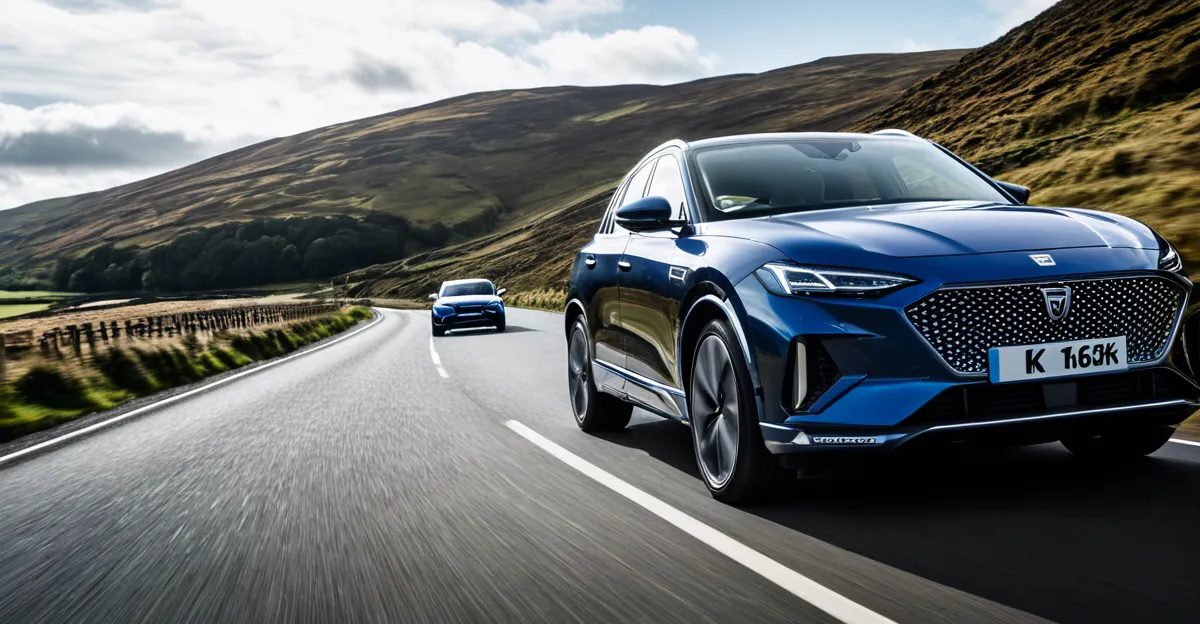Overview of AI Adoption in the UK Automotive Sector
The UK automotive industry is rapidly embracing AI adoption to enhance vehicle capabilities and streamline manufacturing processes. Currently, many UK automotive firms integrate AI-driven systems to improve efficiency and create smarter vehicles. This widespread UK automotive AI adoption reflects a strategic response to global competition and evolving consumer demands.
Key drivers behind AI advances include the push for autonomous driving technologies and the need to increase vehicle reliability through predictive maintenance. Additionally, environmental regulations and the quest for sustainability motivate companies to deploy intelligent systems that optimize fuel efficiency and reduce emissions.
Also read : What are the key factors driving investment in the UK automotive sector?
Moreover, collaboration across sectors fuels accelerated innovation. The interplay between traditional carmakers and cutting-edge tech firms nurtures a fertile ground for deploying smart vehicle technology. This technological shift is not confined to high-end models; UK companies are incorporating AI across vehicle segments, aiming to elevate safety, user experience, and connected services on a broad scale.
In sum, the combination of technological progress, regulatory pressure, and consumer expectation propels sustained AI integration in the UK automotive industry, positioning it as a leader in the smart mobility era.
Topic to read : How is the UK tackling the automotive skills gap?
Leading UK Automotive Firms Investing in AI
The UK automotive industry features prominent leaders driving UK automotive AI adoption forward. Key British automotive companies are increasingly dedicating resources to integrating AI with their production lines and vehicle development. Firms like Jaguar Land Rover, Aston Martin, and more agile startups stand out as automotive AI innovators. These companies implement AI to elevate smart vehicle technology capabilities, focusing on autonomous systems, predictive maintenance, and customer-centric features.
Strategic initiatives include significant investments in research and development, often partnering with technology firms and academic institutions. For example, Jaguar Land Rover has launched AI-driven projects to enhance vehicle connectivity and autonomous navigation. Aston Martin incorporates AI algorithms to optimize manufacturing workflows and vehicle diagnostics, improving reliability and efficiency.
British automotive companies often emphasize ecosystem integration, combining artificial intelligence with data analytics, sensor technology, and machine learning. This holistic approach enables their vehicles to react intelligently in real-time, a crucial advantage in the competitive smart vehicle market. Moreover, smaller AI-focused firms contribute by pioneering disruptive innovations, bolstering the UK’s position as a hub for automotive AI development.
Incorporating AI at various points in the vehicle lifecycle, these UK automotive leaders collectively push the boundaries of what smart vehicles can achieve.
AI Technologies Powering Smarter Vehicles
In the UK automotive industry, automotive AI applications are revolutionizing vehicle design and functionality. A driving force behind smart vehicle AI is the development of autonomous driving systems. These systems use a combination of sensors, cameras, and machine learning algorithms to enable vehicles to navigate complex environments with minimal human input. This technology significantly boosts road safety and reduces driver fatigue.
Another vital AI application is predictive maintenance. By analyzing real-time data from vehicle sensors, AI can forecast component failures before they occur, allowing proactive repairs that improve reliability and lower overall maintenance costs. This aspect of AI in vehicles UK is especially valued for fleet management and luxury car segments, where uptime and performance are critical.
Connected car services further enhance the user experience. AI-driven features such as voice recognition, real-time traffic updates, and personalized infotainment integrate seamlessly, making journeys safer and more enjoyable. The synergy between these technologies exemplifies how UK automotive AI adoption is not solely focused on mechanics but also on enriching driver interaction and vehicle intelligence.











